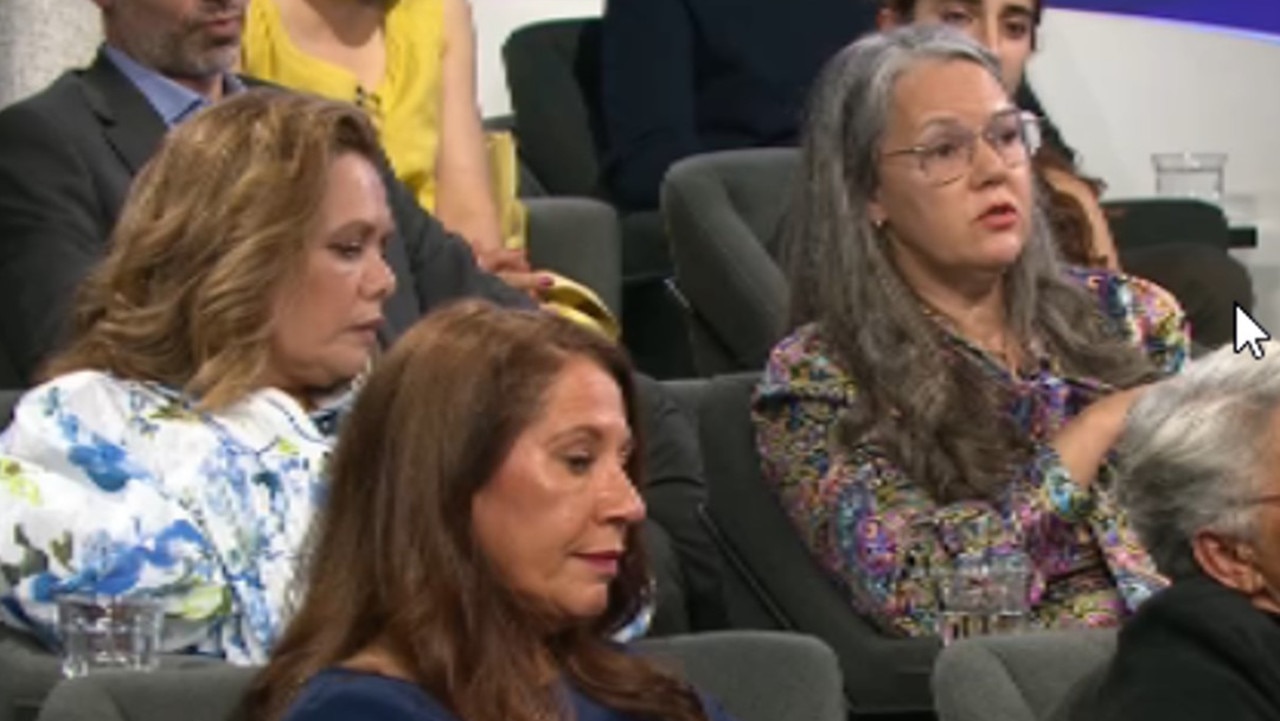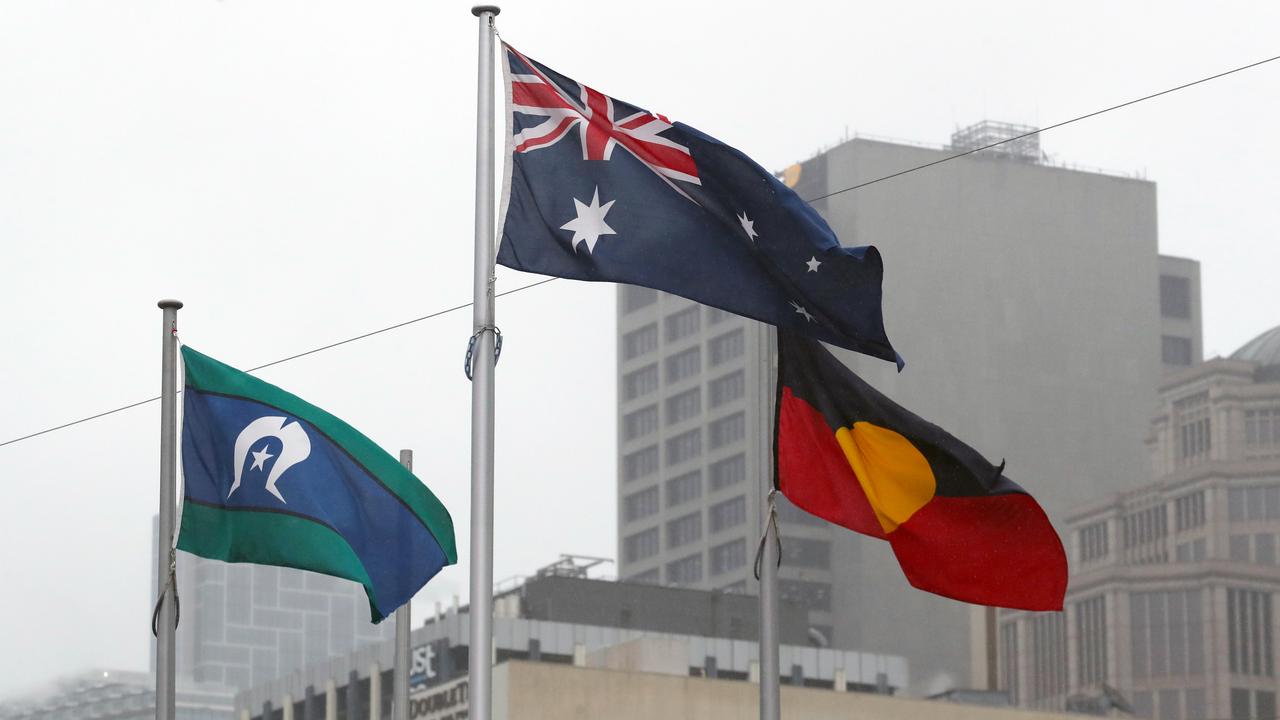‘Racial shifters’ identifying as Aboriginal do not lose their self-entitlement
A growing number of people are identifying as Aboriginal, and according to Wiradjuri woman Suzanne Ingram, it’s truly alarming.
OPINION
The words came as a bit of a shock. I listened to the woman tell her story to Karla Grant, host of Insight’s special episode ‘Indigenous identity’, airing on SBS on Tuesday.
Peering up through wet lashes, she described her love for her nan and the trials of her “later in life” self-identification as a Wiradjuri woman, the belonging to her people she craves that has been denied her.
And then she said it.
“Wiradjuri culture has been eradicated.”
Seated next to my cousin, Yvonne Weldon, an amazing and well-known Wiradjuri woman, the words took my breath away.
In that moment, the woman had erased me, Yvonne and our entire kin. As we sat right before her very eyes.

I am accustomed to presentations by ‘racial shifters’, part of my study in health communication at the University of Sydney’s Department of Anthropology. Still, I was struck dumb by her words and in those seconds where your body automatically takes over when your brain is momentarily stunned, I heard myself and Yvonne speak out in unison: “No, it isn’t.”
Racial shifters is a term by American anthropologist Circe Sturm, who worked with Cherokee in the US, to describe “individuals who have changed their racial self-identification on the census form in recent years”.
Racial shifters – or box-tickers as many Aboriginal people refer to them here – see value in “self-indigenising”. As the numbers show in the last census results, of the 25 per cent national increase, more than 92,000 cannot be explained as normal population growth.
Box-tickers pop up in our social spaces, and no doubt in yours, at an alarming rate. The phenomenon is not new for Wiradjuri people who have observed it occurring for decades. Over the years, Wiradjuri became such a popular choice for box-tickers we earned the nickname “the default tribe”. But we have never before had to deal with numbers on the scale we are experiencing now.
If the census trajectory continues unabated, it is reasonable to expect that box-tickers will statistically outnumber Aboriginal and Torres Strait Islander people in 15 years or three censuses.

My study is concerned with the stories that box-tickers tell their audiences and the performance elements that are usually well-received but can be damaging. Choosing to self-identify, box-tickers complete their conversion in the narratives they tell which often means floating distorted meanings and concepts.
For example, the over 50 age bracket grew 39 per cent overall in the 2021 census. The eastern states and ACT together contributed 92 per cent of individuals in this age group who ticked the Aboriginal and Torres Strait Islander census box for the first time.
That means if you live somewhere along the Australian eastern seaboard, there’s a greater than one-in-10 chance that the next “proud elder” you encounter, perhaps doing a Welcome to Country or insisting that you please call them “Aunty”, is someone you recently knew to be white.
Having worked and studied in the university system, I have had greater opportunity to witness the ways race shifting occurs and how it is promoted throughout Australia’s government and corporate institutions.
Shoring up sheafs of statutory declarations, Certificates of Aboriginality, genealogical records, old photos and even DNA reports, as will become more common, may be useful evidence of administrative proficiency. But paperwork cannot determine anyone as Aboriginal and certainly do not replace our kinship networks.
What is the downstream impact from the cultural authority these institutions have assumed?
The recording of the Insight program was a unique opportunity for me to observe box-tickers in collective formation. As individuals, they crave a sense of belonging. But they do not let go of their sense of entitlement.
Theirs is a human story of their “truth”. Listen to their tale, by all means. Shower them with sympathy, welcome them into your corporate diversity chat sessions and offer them the compassionate charity that you might afford any human being in need. But bear in mind the question for yourself: am I qualified to give them the Aboriginal recognition they seek?
Suzanne Ingram is a Wiradjuri researcher and is completing her PhD at the Department of Anthropology, University of Sydney. She is a board member of the NSW Aboriginal Housing Office.
Insight is on SBS and NITV at 8.30pm on Tuesday.





